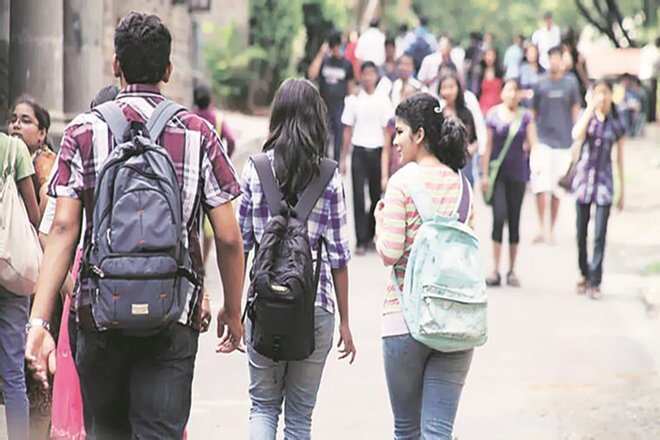New Delhi, July 16: A recent survey has revealed that Hindu students outnumber Muslim students in higher education institutions managed by the Muslim community in India. Conducted by the Centre for Study and Research (CSR) and NOUS Network Private Limited, the report highlights a significant demographic trend in these institutions.
The survey indicates that Hindu students constitute over 55% of the student population in Muslim-run colleges, whereas Muslim enrollment stands at 42%. This pattern is consistent across both public and private institutions managed by the Muslim community nationwide.
The study underscores the inclusive nature of these institutions, which attract a substantial number of Hindu students due to their high-quality education. Notably, there is no religious component in the curriculum, with these institutions being described as “temples of secular education” by Mohammad Rizwan, the director of CSR.
Key findings from the report include:
Universities:
- Of the 1,113 universities in India, only 23 (2.1%) are managed by the Muslim community.
- Uttar Pradesh and Karnataka host the highest number of these universities.
- A significant portion (69.9%) of Muslim-managed universities are located in urban areas.
- Among the 97,928 students enrolled, 52.7% are Hindus, 42.1% are Muslims, and 5.2% belong to other minority groups.
Colleges:
- Out of 43,796 colleges, 1,155 (2.6%) are managed by the Muslim community.
- Kerala has the highest number of Muslim-run colleges, followed by Uttar Pradesh and Maharashtra.
- The majority (85.5%) of these colleges are private and unaided, with only 3.9% being government institutions.
- Of the 524,441 students enrolled in these colleges, 55.1% are Hindus, and 42.1% are Muslims.
The report also sheds light on the enrollment patterns and gender distribution among Muslim students, with a notable gender disparity favoring male students in universities and female students in colleges.
Additionally, the study highlights the need for policy interventions to address the underrepresentation of Muslims in higher education. It suggests improving accessibility and addressing socio-economic challenges faced by the Muslim community to enhance educational opportunities.
The CSR and NOUS Network aim to provide practical solutions to socio-cultural issues and promote inclusive education through such comprehensive studies. This report calls on policymakers to take concrete steps to support the educational advancement of the Muslim community in India.




